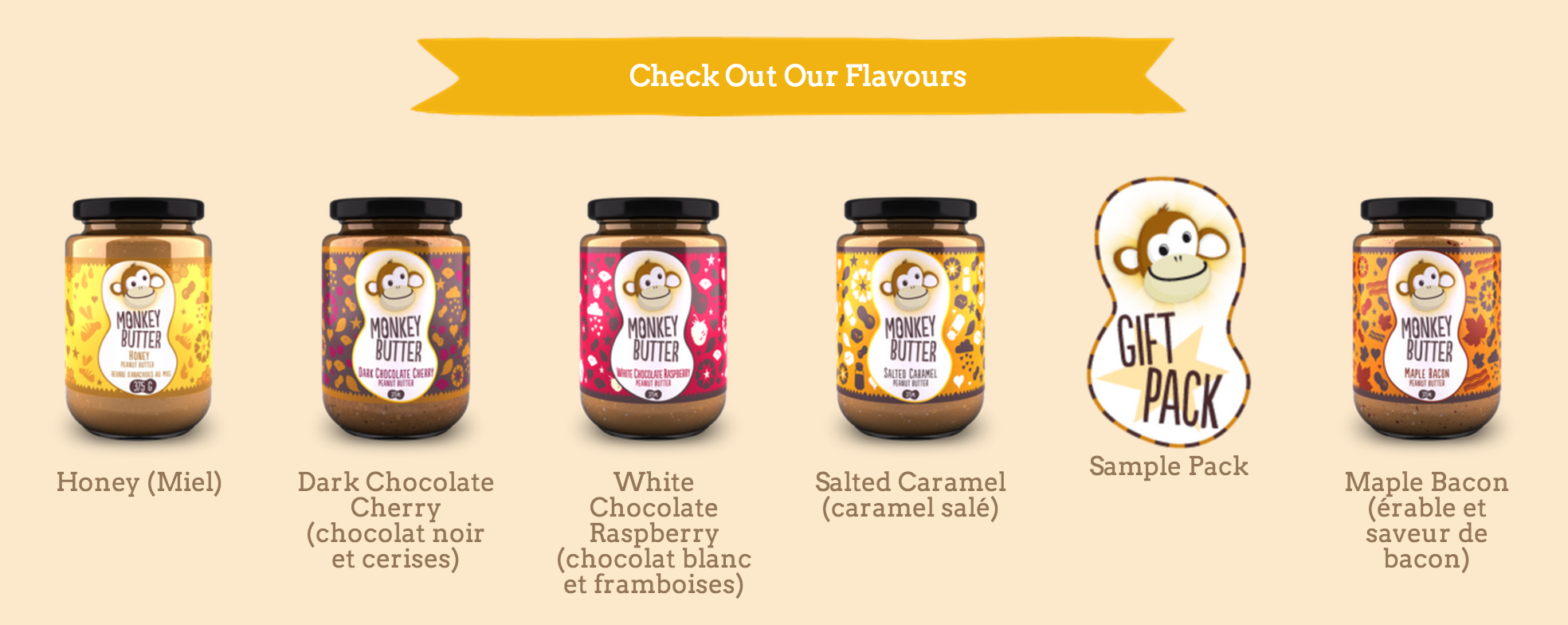In response to Katie Chow’s post on the question of importance of Twitter for businesses, I agree with her on how it can be valuable to a company. Using this social media site to extend information to the public is an easy (not to mention free) way to market it’s company as well as to allow customers feel like they know what is happening with the company. This communication between company and customers generates a sense of relationship in which customers can feel more loyal to a company if they know the company is also trying to keep in touch with it’s customers. On the other hand, companies must also be careful of the information that they do post. Unprofessional posts about what is happening for lunch or what not may hinder the brand’s reputation.
In this day and age, most companies do use social media platforms to reach out to its target market as the world become more and more electronic dependant andTwitter is a great way to rely information. However, it must be used responsibly (like with most things).



